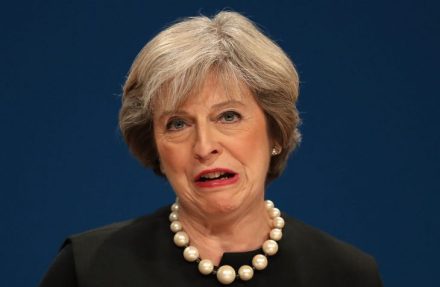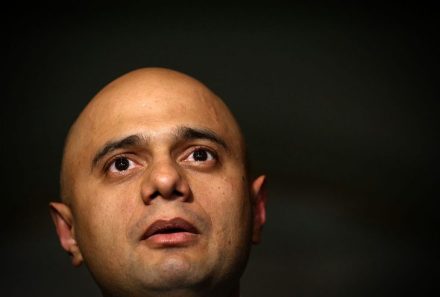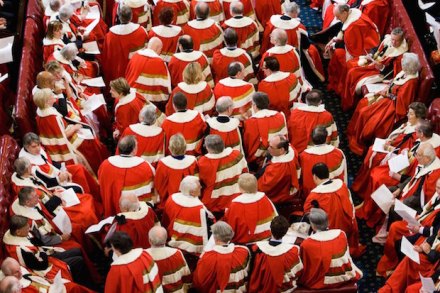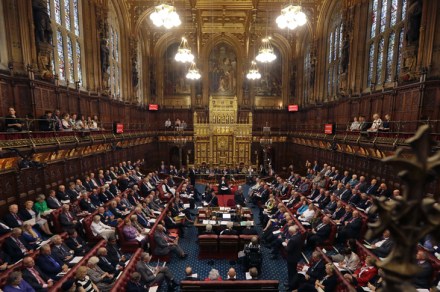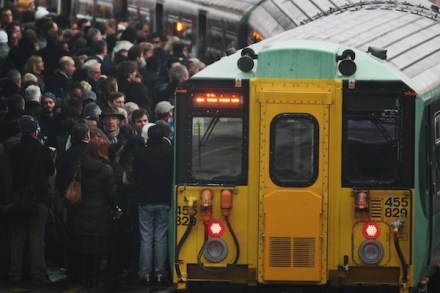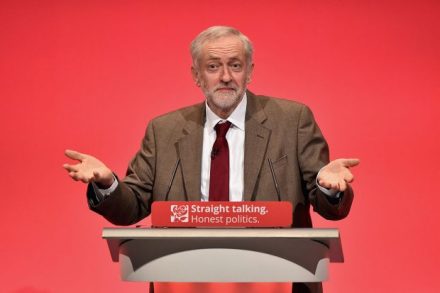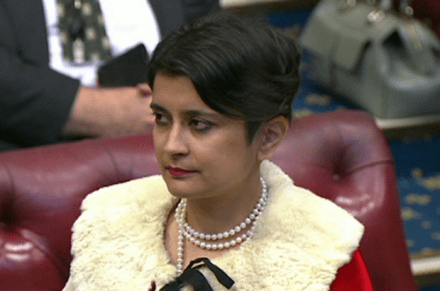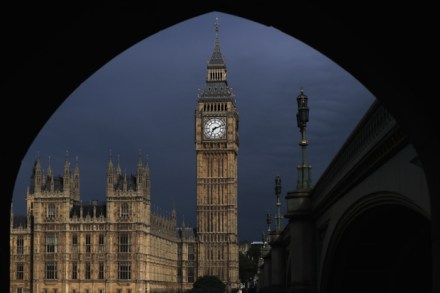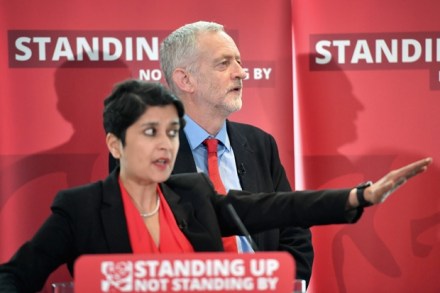What the papers say: Why amending the Brexit bill would be a mistake
Remember David Cameron’s renegotiation with Brussels in the run-up to the referendum? There’s a good chance you’ve probably forgotten; after all, even the Prime Minister wasn’t keen to talk up his paltry deal. Yet there’s a danger of history repeating itself if peers have their wicked way, warns the Sun. ‘Peers and rebel Tory MPs’ are keen to tangle up Theresa May with a veto on whatever she agrees with the EU, the paper warns. This would be a mistake. It’s clear that Cameron’s renegotiation ‘failed because EU leaders didn’t take him seriously’. And if Brussels ‘knew the Prime Minister might be sent back to compromise time and again’ they’d
